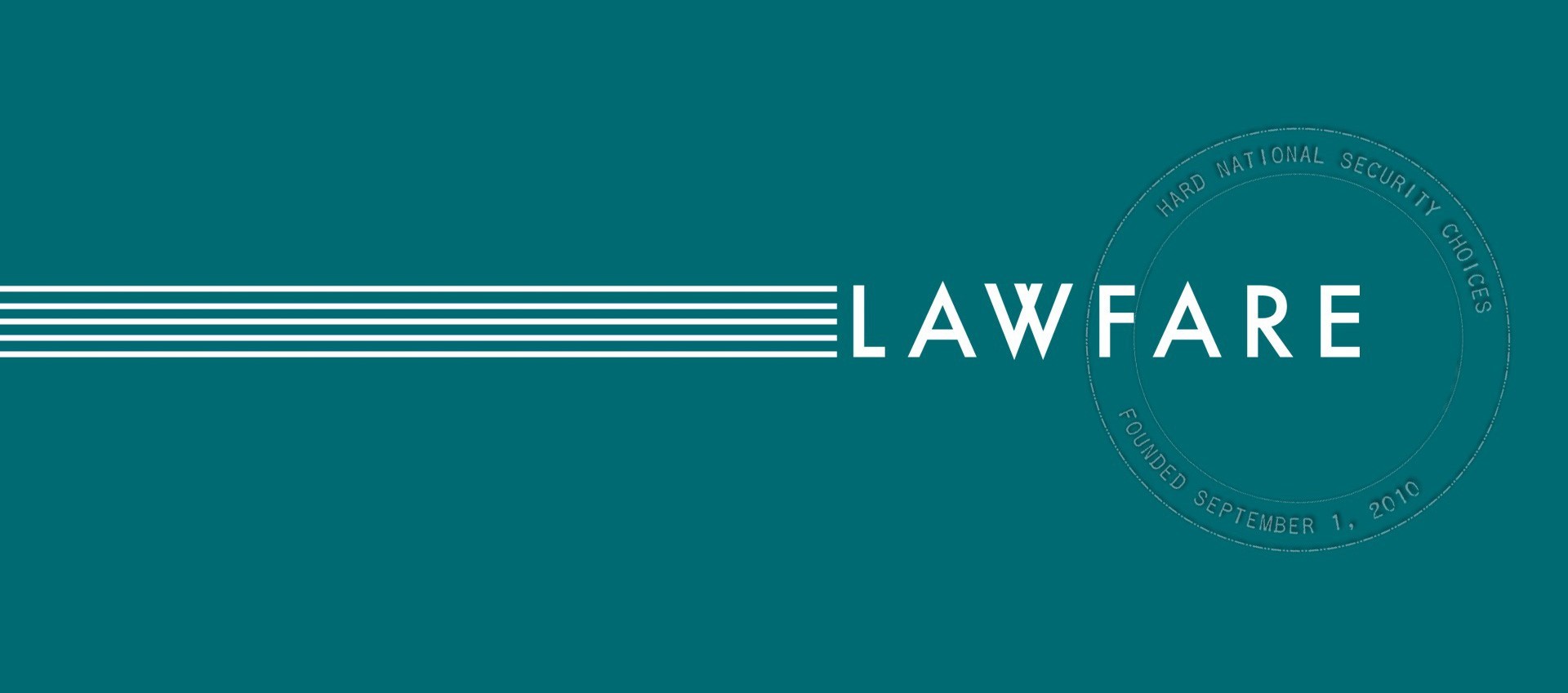Understanding Police Reliance on Private Data
Published by The Lawfare Institute
in Cooperation With

Although law enforcement investigations have always depended on information from private actors, modern technology and big data have transformed an analog collection process into an automated, digital one. This shift has elevated the role that private entities play in the investigative process, mirroring the growth of private influence across the entire criminal system. Many of these private influences have been fiercely criticized. Although there is merit to these concerns, blanket opposition to any role for private actors in the criminal system is not a sound policymaking approach. The challenge, then, is for policymakers is to distinguish beneficial private influences from harmful ones. In this paper, I suggest that in order to realize the benefits and guard against the harms of private influence, regulators should focus on private entities that have close relationships with law enforcement. These entities are least likely to push back against law enforcement and instead are more likely to become a private extension of law enforcement. Requiring these entities to register and to provide insight into their collection practices is an important step toward a more effective regulatory structure.



